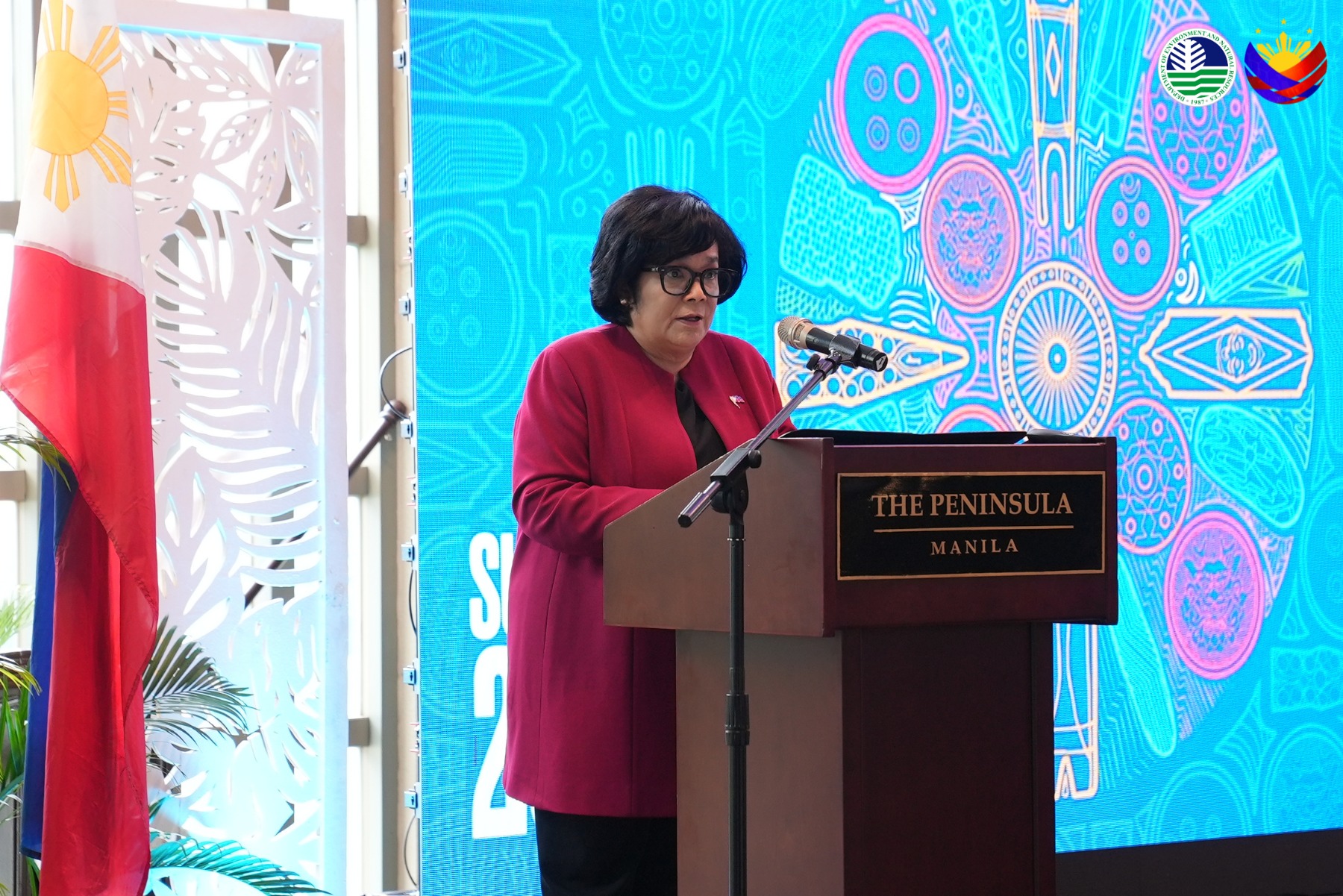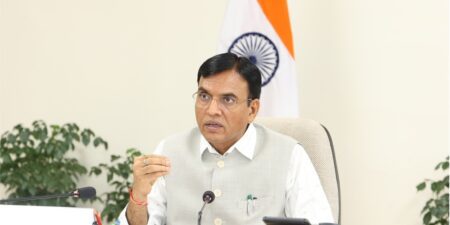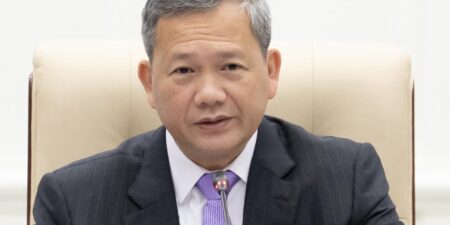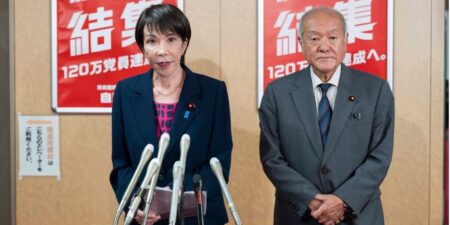The BGA Philippines Team, led by Managing Director Victor Andres Manhit, wrote an update to clients on the cooperation between the Philippines government and private sectors on climate change and disaster resilience.
Context
- The Philippines continues to be highly vulnerable to climate risks. In August, Super Typhoon Carina devastated the Philippines, leaving 39 dead and affecting 4.8 million people, according to the National Disaster Risk Reduction and Management Council. Damage to infrastructure totaled PHP 4.3 billion ($76.1 million), primarily in Central Luzon, the region hardest hit by the typhoon. Agriculture losses amounted to PHP 1.2 billion ($21.6 million). This was followed by the severe tropical storm Enteng in September, affecting 2.8 million people, mostly in Bicol and Central Luzon, causing PHP 700 million ($12.5 million) in infrastructure damage and PHP 659 million ($11.78 million) in agricultural losses
- The private sector plays a crucial role, alongside the government, in building the Philippines’ resilience to climate change and natural disasters. Companies have the opportunity to enhance corporate climate responsibility by reducing carbon and greenhouse gas emissions in their operations. Public-private partnerships can leverage resources, expertise and innovation for climate mitigation and disaster resilience. Collaboration between businesses, government agencies and civil society is essential in developing sustainable solutions and initiatives.
Significance
- The Department of Environment and Natural Resources (DENR) and the Climate Change Commission (CCC) launched the National Adaptation Plan 2023-2050 to enhance climate resilience through integrated adaptation measures. The National Adaptation Plan employs climate analytics to identify vulnerabilities and key needs across eight sectors, while also determining critical enablers like multilateral funding and private capital essential for the program’s successful implementation.
- The DENR and CCC also formulated the Nationally Determined Contribution Implementation Plan 2020-2030. This strategic road map outlines specific policies and measures across five key sectors — transportation, waste and industrial processes, agriculture and energy — to achieve its target of reducing emissions by 75 percent by 2030.
Implications
- The Philippines will host the 2024 Asia Pacific Ministerial Conference on Disaster Risk Reduction from October 14-18. To prepare for this event, Marcos created an interagency committee led by the secretaries of the DENR and the Department of National Defense. The conference will focus on cross-sectoral collaboration, innovative solutions and disaster resilience in the Indo-Pacific.
- The private sector is encouraged to support research and development efforts for climate and disaster resilience by investing in science and “green’ technology,” enabling more accurate, evidence-based solutions for adaptation and risk management. Collaboration with agencies and organizations can provide capacity-building opportunities, fostering community engagement to better address local concerns and develop strategies. By taking these actions, the private sector can actively contribute to climate change mitigation, disaster resilience and sustainable development in partnership with the government and other stakeholders, promoting a climate-resilient future for the Philippines.
We will continue to keep you updated on developments in the Philippines as they occur. If you have any questions or comments, please contact BGA Philippines Managing Director Victor Andres Manhit at vmanhit@bowergroupasia.com.
Best regards,
BGA Philippines Team

Managing Director
Dindo is recognized as one of Manila’s most well-connected and savvy advisors on developments in government and business in the Philippines. Concurrent to his role as managing director for BGA’s operations in the Philippines, he is also the founder and managing director of the Stratbase Group and president of its policy think tank, the Albert del Rosario Institute for Strategic and International Studies. Since 1991, Dindo has served as a member of the faculty and is the former chair of the Political Science Department and a senior fellow of the La Salle Institute of Governance at the De La Salle ...
Read More


























